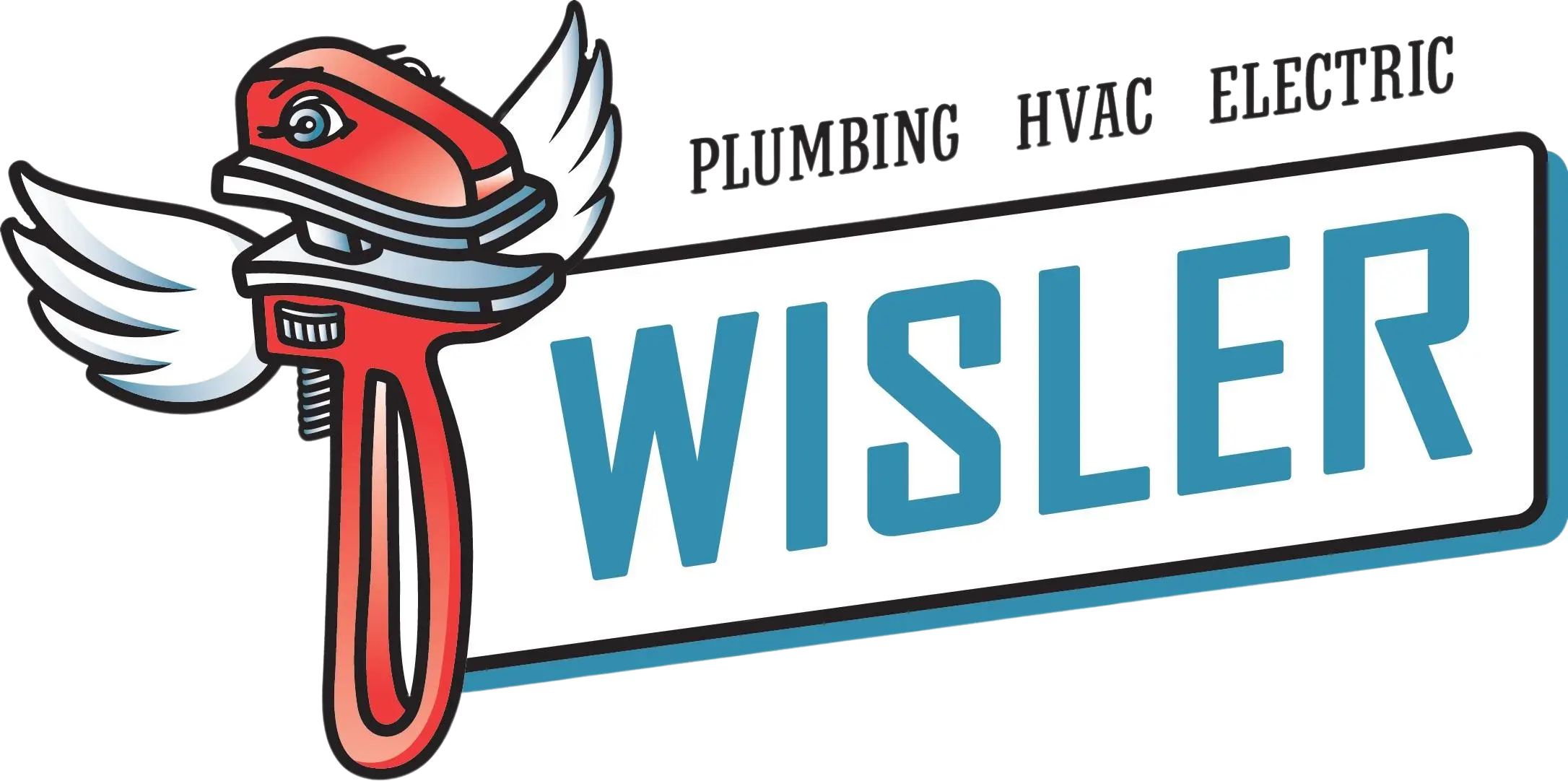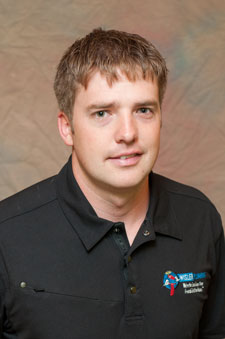There are thousands of HVAC companies on the market and most homeowners don’t know what sets them apart. How do you know you’re hiring the best company to solve your HVAC needs and how can you be sure you’re getting the most for your money? We asked James Wisler, of Wisler Plumbing and Air, to […]





